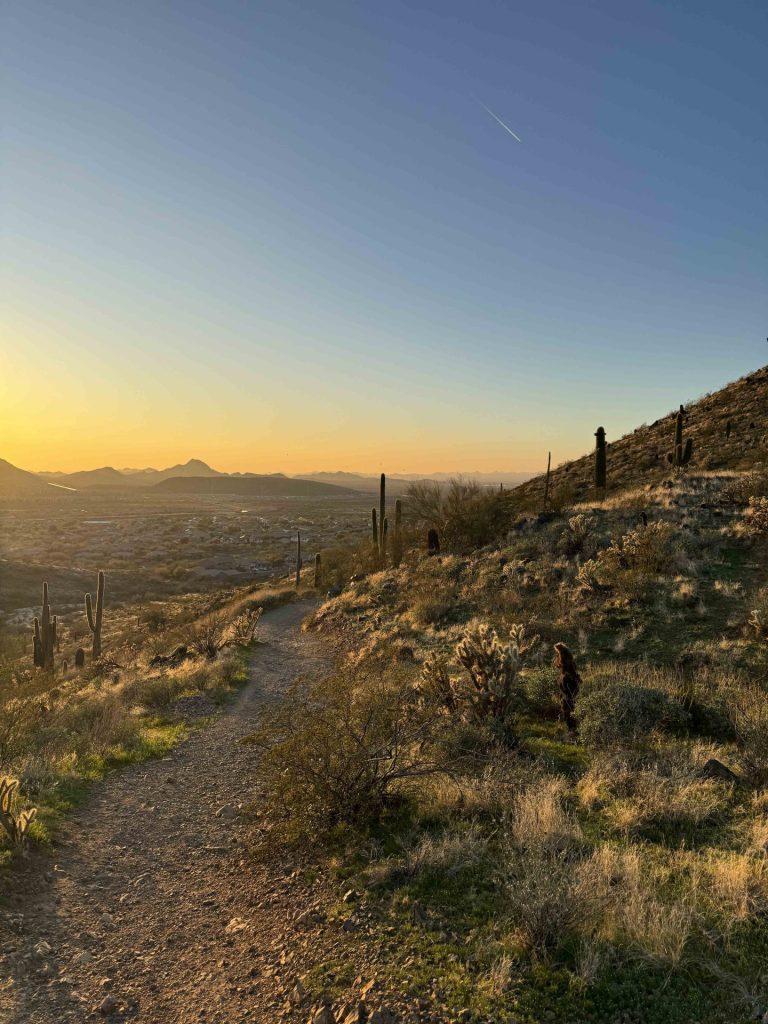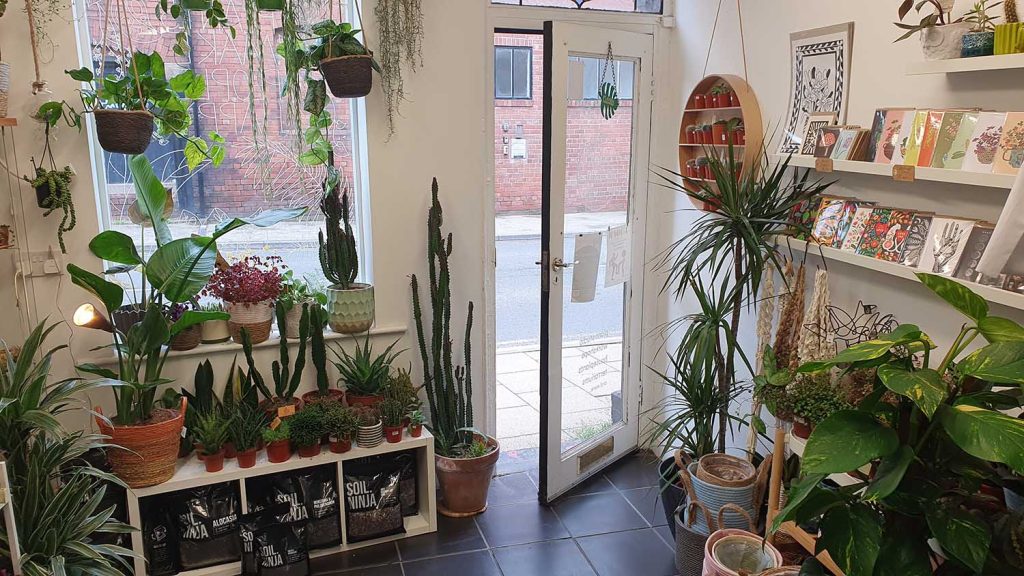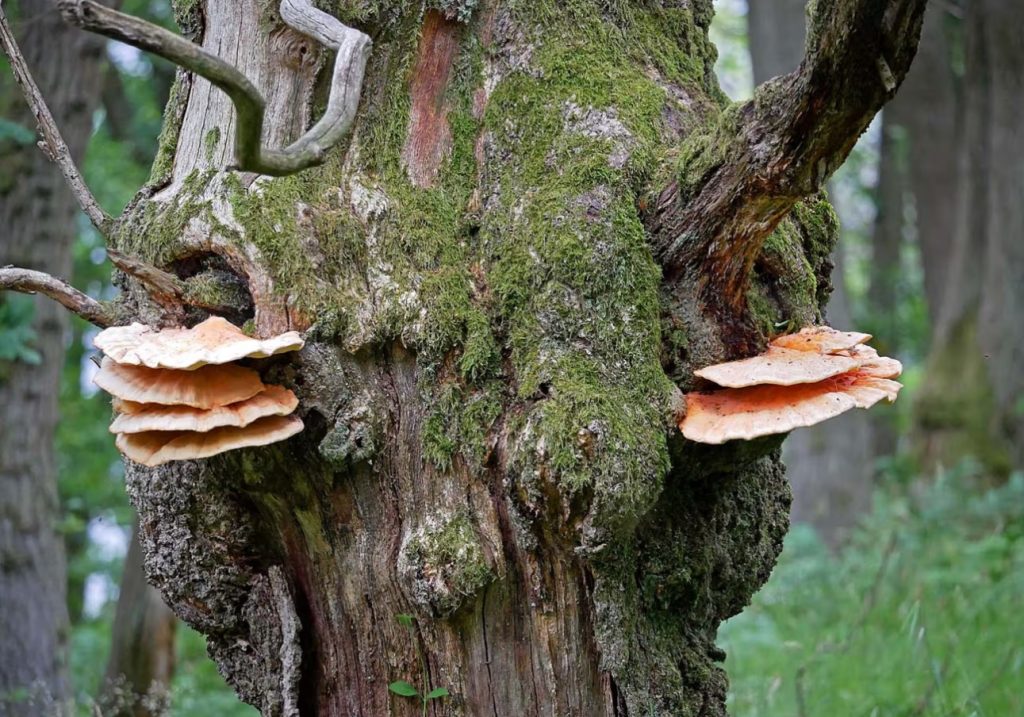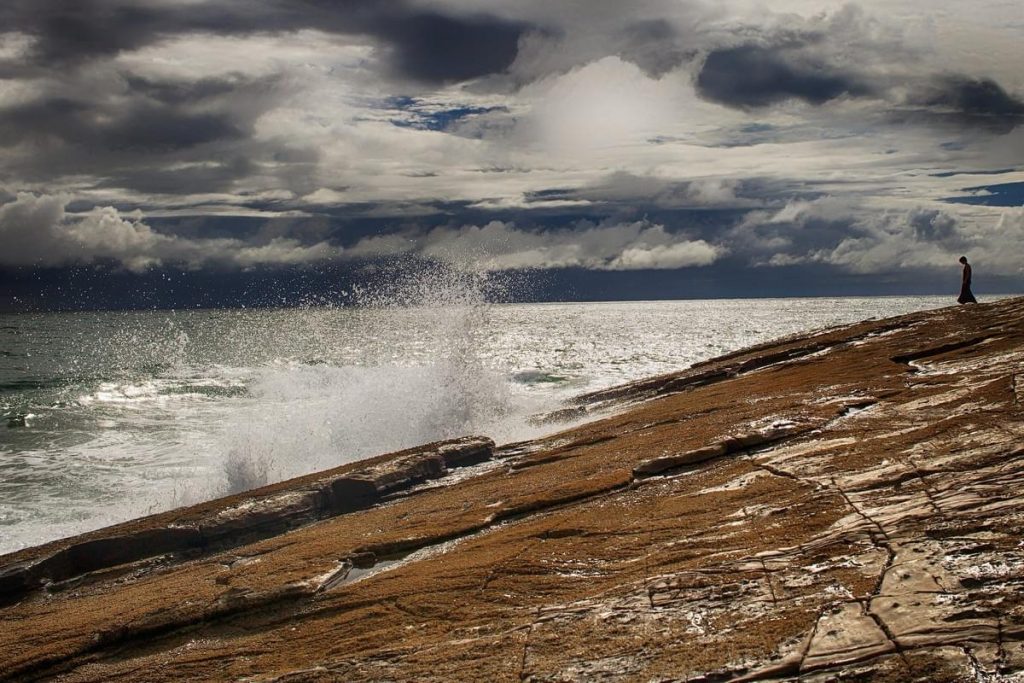Composting on Valentine’s Day
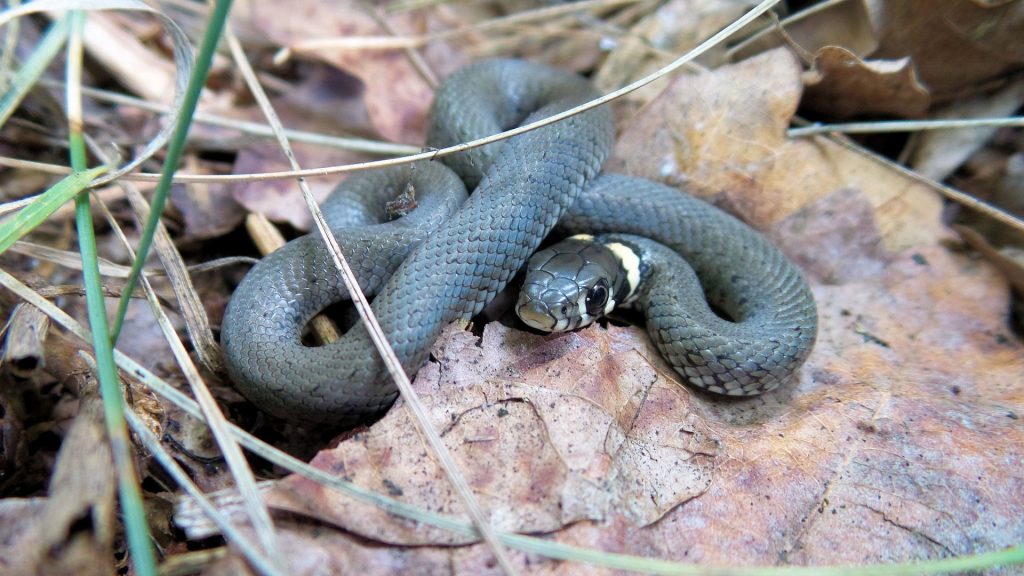
People used to give rocks as a token of their love. To symbolise its immortality, apparently. A diamond trapped in a gold cage wedged tightly between the knuckles.
I remember my grandmother shouting. She’d taken the ring off while she washed the dishes last night, she said. “I put it right here, on the kitchen counter. I’m sure I did! Where has it got to now?”
We took apart the sink, but it wasn’t in the pipes. Not inside the hoover either. We tore open the black veils of the refuse bags reluctantly. Sifted through the plasticky, pungent pile that we had already amassed since breakfast. Not here.
Perhaps it had been in the bag that the unseen ‘bin men’ had spirited away that morning while we slept? At that suggestion she sunk to the floor, inconsolable. “I’ll never see it again.”
My hopeful, childish helping just made her anguish worse. You couldn’t just go and look in the landfill yourself; how could I be so stupid?
I’d never been to or smelled one in person, of course, but I had seen it from afar or on a screen somewhere. I imagined constant revving engines. Dumping and crushing. Down and down across miles and miles. Pieces that were light enough riding the winds, like spirits trying to flee purgatory. The cruel barbed fences randomly tangling some, while others escaped to the sea. Seabirds turned land-rats, screaming over the scraps and shreds. The ooze sinking and the fumes rising.
Chaos. Until it was full. Then silence.
Perhaps it will be part of our earth forever? That rainbow-brown stripe of the Anthropocene squashed thin across geological time. With my grandmother’s ring frozen in its centre.
But this fresh, new love will not be petrified in stone. Not if we compost it.
“I’ll meet you by the heaps,” she says. It’s where I’ve seen her every week for three years, on my regular pilgrimage to the farm at the centre of the city. The location was once the financial centre. But with people buying radically less stuff in the last decade, the gleaming barren plazas needed a new purpose. The food revolution reclaimed them. Brought them back to life.
My fingers are a fruit salad, sticky, smelling of the orange rind, kiwi and carrot peelings I’m donating. Hers are dusted with humus after filling her bike trailer with sweet, dark, free compost. She takes my hand.
She shows me the grass-snake’s eggs she’s discovered. A nest of rough pearls, entrusted to the earth by their mother. Nurtured in the soft, heated womb of the mound. Other people peer over our shoulders and smile, pointing them out to their wide-eyed children, explaining what they will become. Eventually, we cover them back over, marking the place with a stick with a ribbon tied around it. The eggs won’t be there next week; the tiny, emerald-green reptiles will have slid off confidently into their futures.
And neither will this compost. It will be carried in handfuls, spread and shared. On to better things.
And I trust in what is emerging, changing, composting between us.





